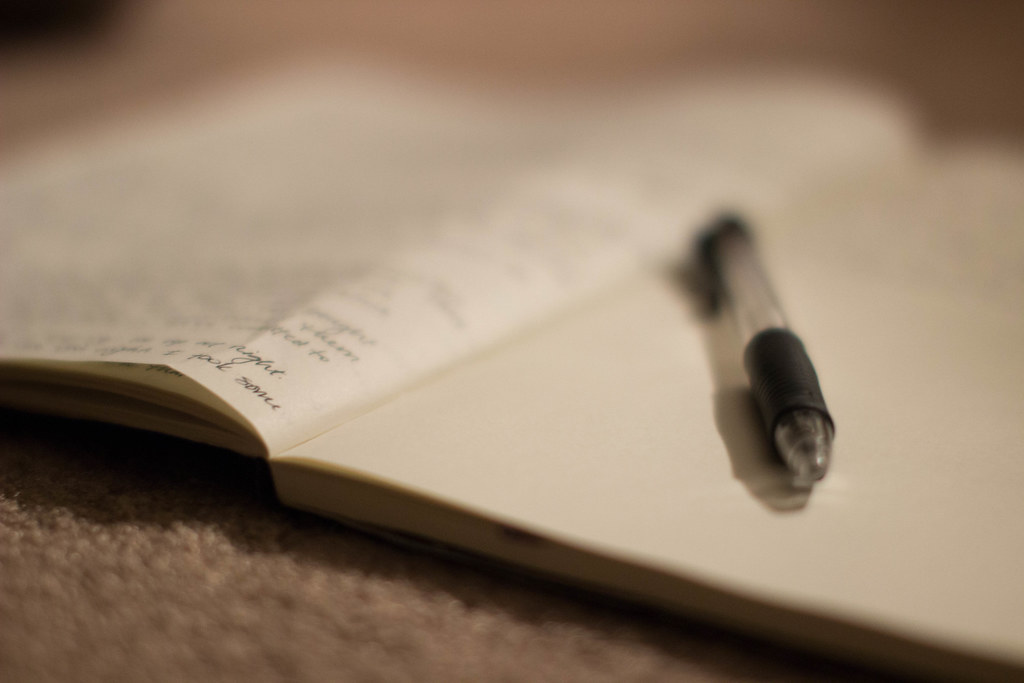Views expressed in opinion columns are the author’s own.
In an absolutely ideal world, my daily schedule during an extended spring break of social distancing would look something like this:
12:00 p.m.: Wake up
12:30 p.m.: Cook, eat lunch and watch a movie
2:30 p.m.: Write (something! anything!)
6:00 p.m.: Cook and eat dinner
8:00 p.m.: Watch another movie
10:00 p.m.: Edit whatever I wrote earlier in the day
2:00 a.m.: Bedtime
Here’s what my days actually looked like for the past two weeks:
8:00 a.m.: Wake up, eat breakfast
9:00 a.m.: Check email and Slack for notifications from my internships
9:30 a.m.: Start working on assignments for internships
1:00 p.m.: Cook and eat lunch, maybe a nap if I foresee a lazier afternoon
2:00 p.m.: Get back to work
5:00 p.m.: Study for upcoming economics exam
7:00 p.m.: Cook and eat dinner
8:00 p.m.: Study for upcoming economics exam
12:00 a.m.: Bedtime
The difference between expectations and reality couldn’t be starker. That’s why I felt a mix of emotions when I first saw a tweet strongly implying that because Shakespeare, widely hailed as one of the great writers of the English language, wrote King Lear during the plague, you — who are definitely not William Shakespeare, very sorry to tell you — can create a masterpiece during the coronavirus pandemic.
I felt annoyed at the implication, buoyed by the responses (mostly unhappy, if the replies tell you anything) and sullen at the reminder that not only was I nowhere close to writing my own King Lear, I wasn’t close to writing anything, because I have a life to live, made even more difficult by the pandemic.
I rarely identify as a writer, even less so as a “creative.” Being a writer has been my dream since I was a child, but I’ve mostly stuck to picking a field of study and professional opportunities where I can communicate ideas I find important to people who should act upon them. Writing is a hobby — short stories written in the wee hours of the night and tucked aside for editing “at another time” (never), novellas or screenplays abandoned because of other obligations. I more often call myself a student, intern, friend, daughter, etc., who might write if the mood strikes or if time permits.
The coronavirus has placed all of my identities in flux more than ever before, forcing me to tend to them. Student? The University of Maryland is now Zoom University, deadlines for assignments have changed and that economics exam I’ve been studying for is now entirely online. Intern? Both my internships have moved to remote work. Friend? I don’t even know where to begin with making sure my friends are feeling safe and cared for in these uncertain times. Daughter? I’m living with my parents again, and my mom’s an essential worker at a hospital. I have no idea where to start there, either. Plus, I’m a person on my own — I need time to take care of myself! And I’m not even that bad off. I haven’t lost a job or a home, don’t have to worry about regularly going into a grocery store, don’t have to take care of kids who are staying home due to school closures and all of the other new, extraordinary burdens that the coronavirus has placed on people.
None of this — any of this — lends itself to creativity. I can’t even begin to imagine a world where the coronavirus actually sparks anyone’s magnum opus. I don’t know how Shakespeare did it. Maybe it’s because the plague wasn’t a global, digital phenomenon like the coronavirus. Today, it’s easier to obtain information on everything the instant it happens, which sucks up more emotional energy than maybe all the other things combined. That kind of connectivity and instant access to what you want, like escapist fantasies in Netflix and books, is probably part of the positive feedback loop we’re seeing. People are pointing out that creatives aren’t creating, which puts pressure on creatives to create, but creatives don’t create well under pressure, so they don’t create, so people point out that people aren’t creating.
Just because you can watch King Lear on Amazon Prime right now doesn’t mean someone can make anything even resembling a coherent sentence on Word right now. Creatives can’t use art as ways to relax from the world we live in now, not when they’re also expected to contribute to those forms of entertainment. Allow them the same space to survive and not thrive that you allow yourself and maybe — if we’re lucky — we’ll get something good out of it.
Serena Saunders is a senior public policy major and a graduate student in public policy. She can be reached at serena@sersaun.com.



